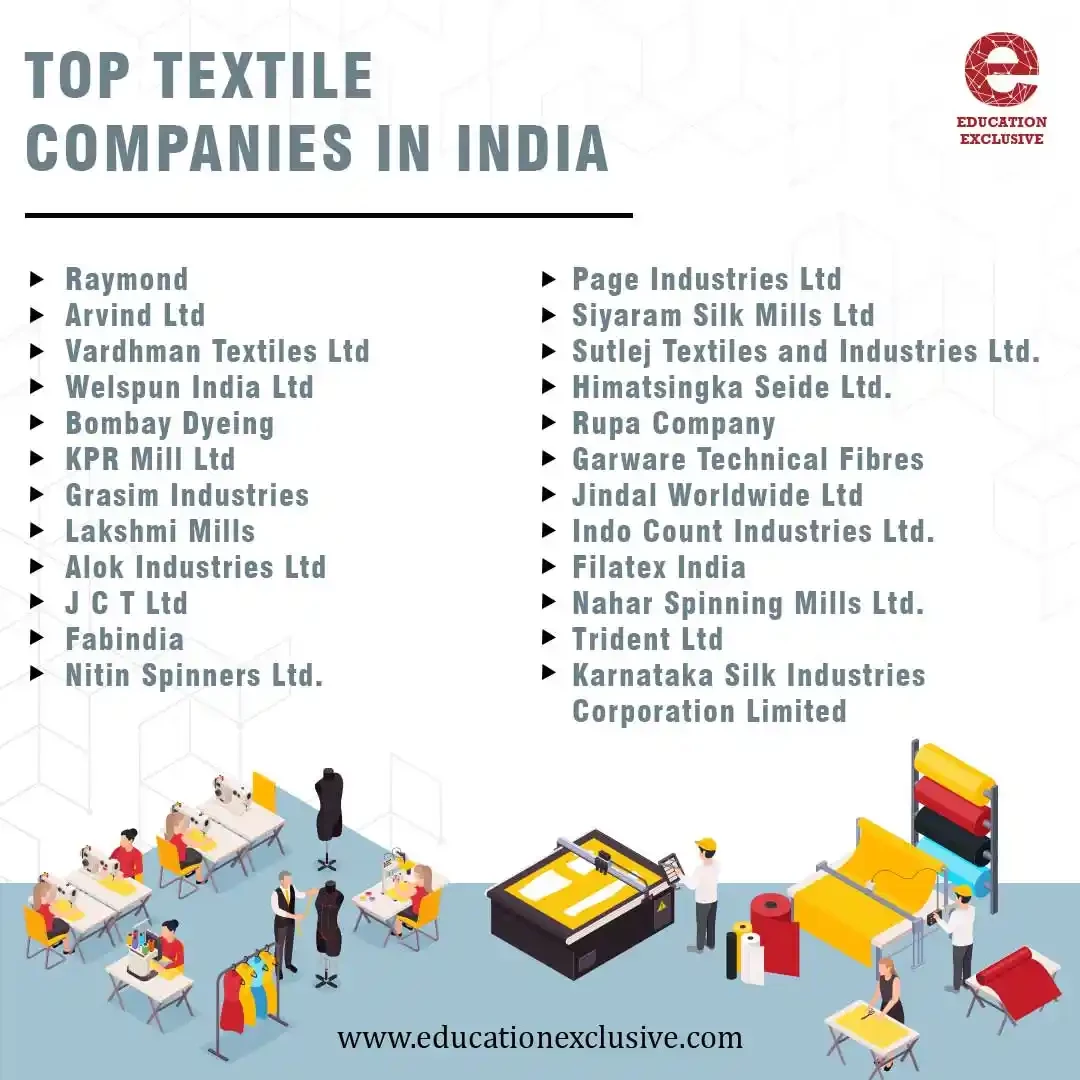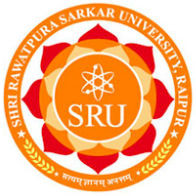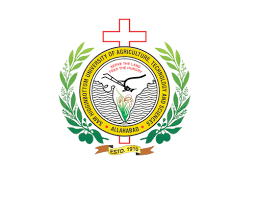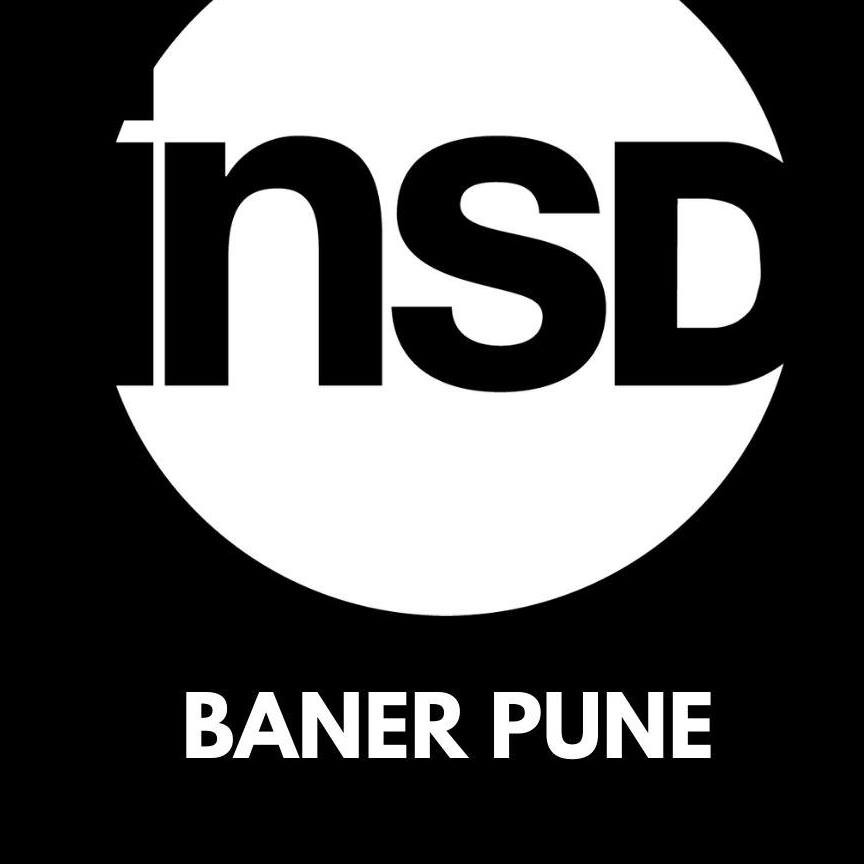Highlights: -
|
Degree Name |
Master of Science |
|
Level |
Postgraduate |
|
Duration of the course |
2 years |
|
Eligibility |
B.Des, B.Sc, B.F. Tech |
|
Education mode |
Full-time, Distance. |
|
Admission Process |
Merit as well as Entrance Exams |
|
Entrance Exams |
CEED, NID DAT, NIFTEE, MITID DAT, PAEE, SET. |
|
Fees of the course |
Rs 10,000 - Rs 8.00 Lakhs |
Eligibility Criteria: -
- Candidates must complete graduation in designing from a recognised Institute.
- Candidates must have secured an aggregate score of 45%- 55% in the qualifying exam.
- Candidates may have to clear the Entrance Exam.
Syllabus for M.Sc in Textile Design:
The M.Sc in Textile Design syllabus will vary from college to college, but the course aims and subjects shall remain the same; the subject distribution over the syllabus may differ, but the study matter remains consistent. Nevertheless, candidates should check the official website to know the complete syllabus. Here is a general guide to M.Sc in Textile Design syllabus design, as commonly followed by Indian colleges:
|
Semester 1 |
Semester 2 |
|
Subjects of Study |
Textile Chemistry |
|
Textile Theory |
Weaves Process |
|
Fibre Theory |
Loom's Process |
|
Textile Texture |
Industrial Visit Project Work |
|
Yarn Process |
- |
|
Semester 3 |
Semester 4 |
|
Textile Science (Printing & Dying) |
Market Dynamics |
|
Introduction to Finishing Advance Weaving Process |
Project on Different Visits |
|
Finishing Process Articles on Printing Industrial Visit |
Knitting Industrial Visits |
|
- |
Project on Woven & Knitting Fabrics |
Next step after M.Sc in Textile Design: -
If a person wants to do further studies in Designing to improve their knowledge and skills, then they can go for the following courses: -
- Certificate Course in Advanced Textile Processes: Learn advanced textile processes, such as jacquard weaving, digital textile printing, sophisticated dyeing procedures, and surface decorations.
- Certificate Course in Fashion Textiles: This course focuses on creating textiles for fashion applications, including trend forecasting, textile innovation, and collaboration with fashion designers.
- Certificate Course in Sustainable Textile Design: Learn about sustainable textile design processes, eco-friendly materials, recycling, upcycling techniques, and ethical sourcing.
- Certificate Course in Textile Surface Design: This course teaches you how to create surface patterns, motifs, and textures using different printing, embroidery, and decoration processes.
- Certificate Course in CAD for Textile Design: This course teaches you how to use Computer-Aided Design (CAD) software specifically for textile design, emphasising digital pattern development, colouring, and repetition designs.
- Certificate Course in Textile Art and Craft: Learn about hand weaving, hand dyeing, sculpting, and experimental textile methods.
- Certificate Course in Textile Design Management: Covers project management, marketing techniques, and commercial factors unique to the textile design sector.
- Certificate Course in Digital Textile Printing: Learn about digital printing technology, colour management, and how to prepare designs for digital textile printing.
- Certificate Course in Textile Innovation and Research: The Certificate Course in Textile Innovation and Research offers advanced training in textile research methodology, textile material innovation, and future textile design trends.
- Certificate Course in Textile Trends and Markets: Examines worldwide textile trends, market dynamics, consumer behaviour, and their implications for textile design and product development.

Employment after M.Sc in Textile Design:-
|
Job Profiles |
Average Salary (Lakhs Per Annum) |
|
Textile Designer |
Rs 4.00 - Rs 9.00 LPA |
|
Fabric Resource Manager |
Rs 2.00 - Rs 5.00 LPA |
|
Fabric Analyser |
Rs 3.00 - Rs 7.00 LPA |
|
Design Consultant |
Rs 2.50 - Rs 6.50 LPA |
|
Embroidery Designer |
Rs 3.00 - Rs 5.00 LPA |
|
Exhibition Designer |
Rs 2.70 - Rs 8.00 LPA |
|
Design Journalist |
Rs 3.00 - Rs 5.00 LPA |
FAQs
- What is the scope of Textile Design?
Textile Designing will open vast opportunities for the student who is pursuing this career. They can work in the Garment, Fashion, Furnishing, and Interior Designing Segments, along with their innovative concepts and skills will make their fashion sense grow in the competitive market.
- Where do Textile Designers work?
Textile Designers often work in design studios, factories, and labs. They are responsible for making the apparel more unique and convenient to wear.
- What are the major subjects in Textile Design?
The main subjects include Designing Elements and Principles, Communication and Graphic Designing, the Process of Colour Mixing, Insights about Art and Textiles, Advance Design Concept, and Cultural Values in the fashion industries.
- What is the course duration of M.Sc in Textile Design programme?
The course duration of M.Sc in Textile Design is 2 years.
Other Specialisation in M.Sc: -
M.Sc in Fashion Design, M.Sc in Interior Design, M.Sc in Apparel Design.





